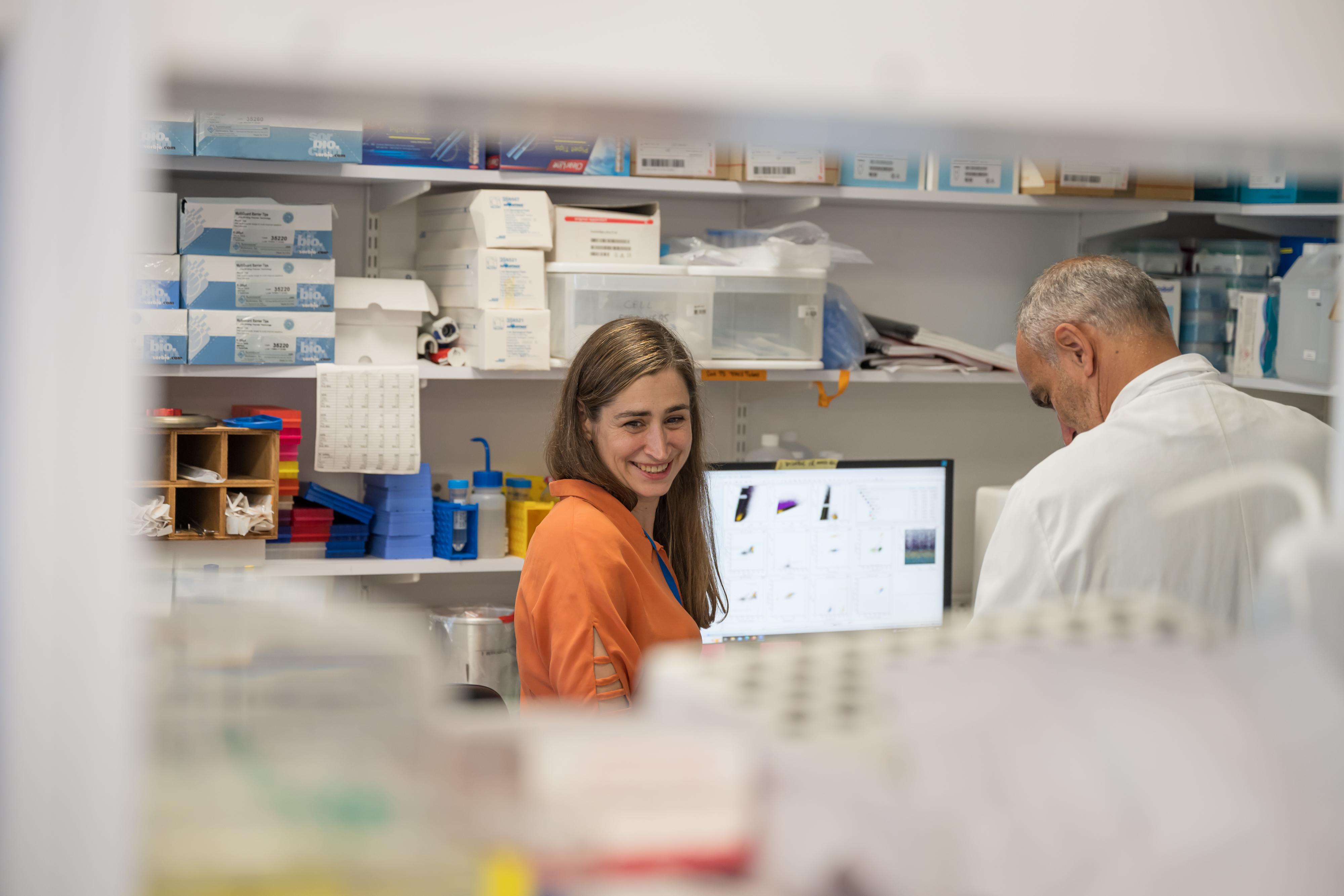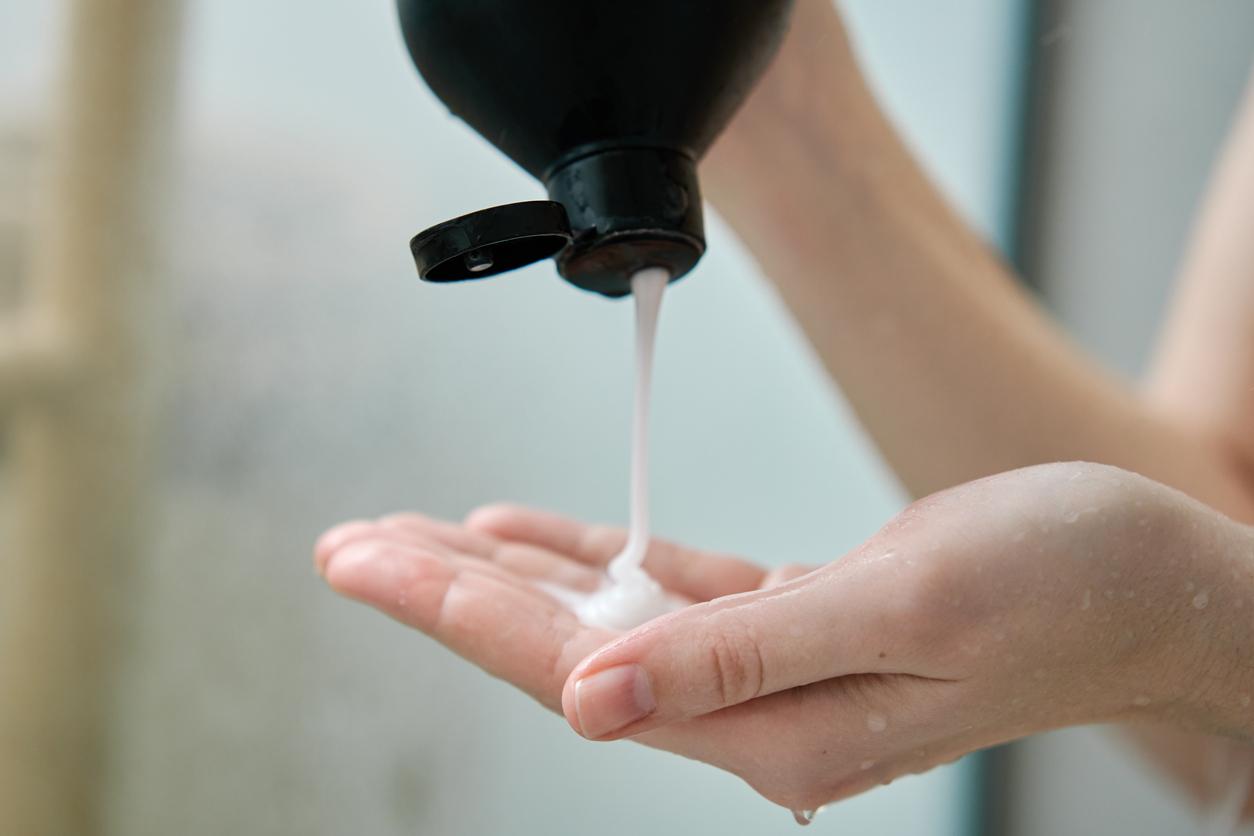Children whose mothers were iodine-deficient during their pregnancy had three IQ points less by the age of 8. And at age 9, reading scores were also lower.

Even a moderate iodine deficiency during pregnancy has consequences for the intellectual capacities of children. Two recent studies have just confirmed this. According to the follow-up of 1000 families, the consequences of an insufficient iodine intake translates years later into a slightly lower intelligence quotient and difficulties in learning to read.
“Children whose mothers were iodine deficient during their pregnancy had three IQ points less by age 8, compared to those whose mothers had a daily iodine intake of 150mg,” said the Dr Sarah Bath, study co-author. And by age 9, reading scores – both comprehension and fluency – were also lower in these children. And the greater the deficiency, the more the grades deteriorate.
Two-thirds of women have iodine deficiency
Admittedly, the impact of iodine deficiency on children’s intellectual capacities has been known for many years, but this British study emphasizes that the effects are noticeable even when the deficiency is moderate, that is to say below of 150mg per day of sodium intake. In pregnant women and young nursing mothers, the daily requirements are in fact estimated at 200/290 mg. For the rest of the adult population, the requirements are 150 mg.
However, in Great Britain, the study published in the Lancet shows that about two-thirds of women have iodine deficiency. In France, the situation is similar, even if since the 1950s, the addition of iodine in table salt has been authorized. This public health measure has contributed to the disappearance of the famous “Alpine jerk” from France. In fact, in the second half of the 20th century, the inhabitants of mountain regions suffered from severe iodine deficiencies, due to a diet poor in products from the sea. However, the share of iodized salts among the global sales of table salt is falling. It went from 40% to almost 30% between 2005 and 2009. In the United States, 90% of the population consumes iodized salt.
Varied diet, yes, supplementation, no
This is why pregnant women should pay particular attention to their diet, and increase their dose of fish such as haddock, salmon or cod. Seafood here is very rich in iodine, but not recommended at this time of life. Certain foods such as bacon, eggs or bacon can also help increase your daily dose. On the other hand, certain foods block the passage of iodine in the body. Cabbage, turnips, soybeans, etc. should therefore be consumed in moderation.
In a woman without risk factors for nutritional deficiency, a varied diet is therefore sufficient to ensure a satisfactory iodine intake. The recommendations from the High Authority for Health are clear on the matter: “There is no argument to systematically propose iodine supplementation outside deficient populations for which this supplementation is effective”. The National Health Nutrition Program (PNNS) advocates going a little further by promoting “iodized and fluoridated salts as part of limiting salt consumption”.
.

















